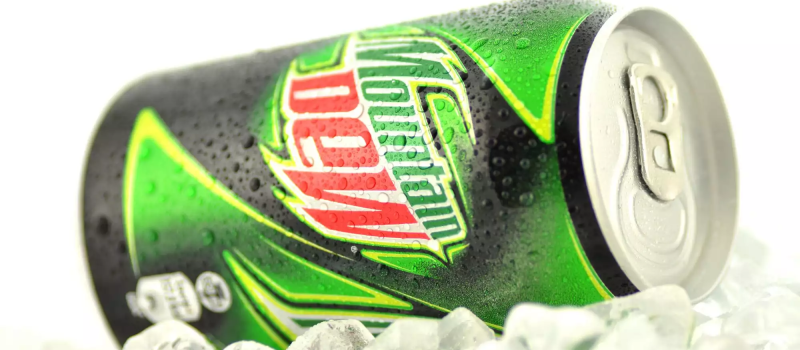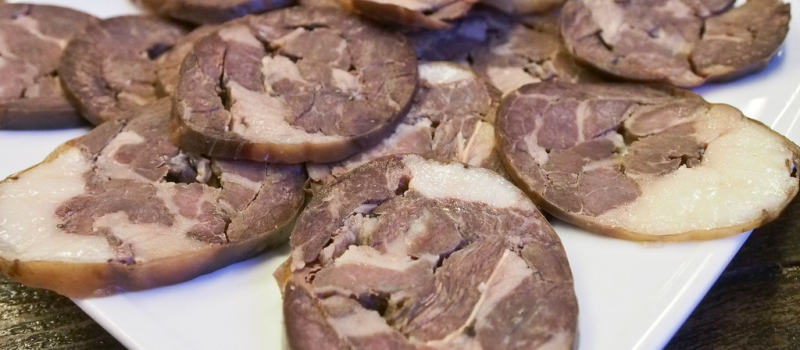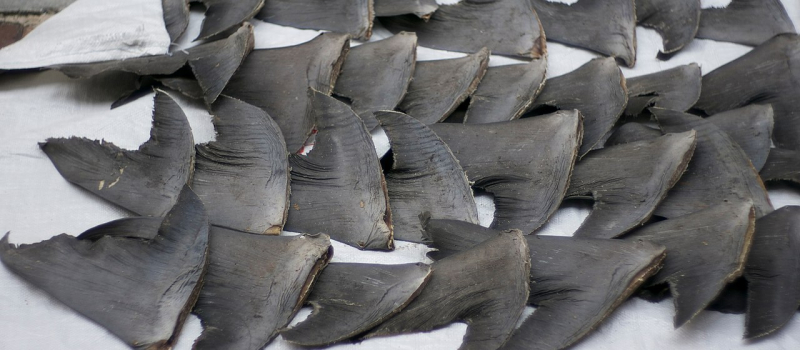Unveiling 13 Banned Foods from Around the World
The world is divided into two types of people, the ones who eat food to live and the ones who live to eat. The majority live to eat and try out various foods around the world. The thought of trying out different cuisines leaves us drooling all over the place.
But did you know that there are some foods that are banned around the world, but you eat here in India every day?
1. Tomato Ketchup
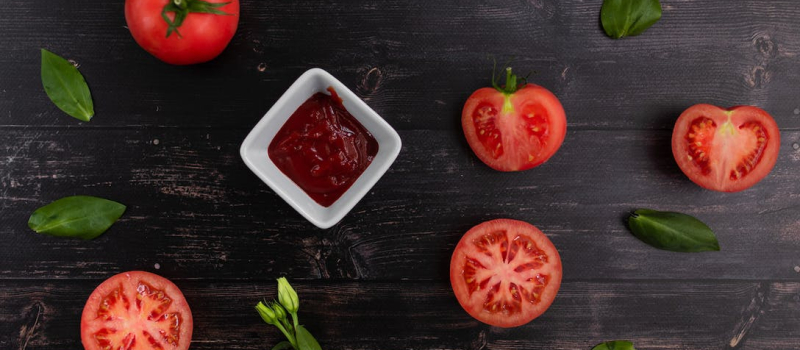
If you are one of those people who can’t swallow their food without ketchup, then you would frown after learning that the French Government does not allow primary school kids to consume ketchup. Now what’s wrong with ketchup?
Apparently, according to the government, if the kids start eating ketchup with everything they eat, they will never know the actual taste of the food, which is not a good thing, so the use of ketchup in French primary schools is banned.
I don’t know what they are talking about. Just bring the damn ketchup so I can eat!
2. Durian
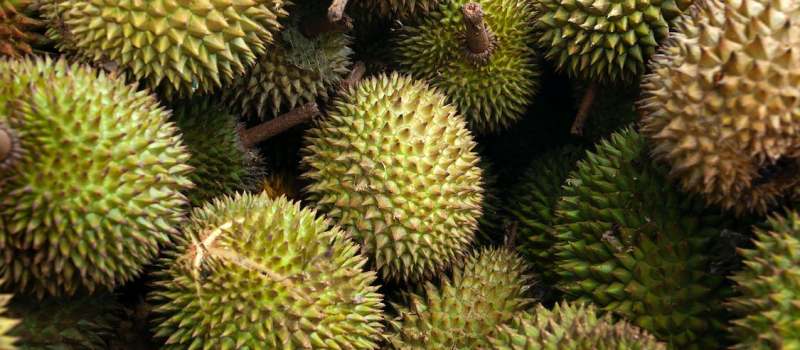
Durian is quite a popular fruit in Asia and is more nutritious than any other fruit; and also reduces the risk of cancer. The fruit has a fleshy-soft texture inside, but outside, there is a hard shell, just like most people.
Anyway, since this fruit has a strong, pungent smell, it is banned from eating in open spaces or in public transport in Singapore.
3. Chewing Gum

Chewing Gum makes you look like a cool kid or a villain of a flop movie, but banning its consumption is a little extreme.
In the year 1992, Singapore banned the consumption of chewing gum to keep the place clean with respect to the law against littering, spilling, and graffiti.
How sad is that?
4. Fat-Free Chips
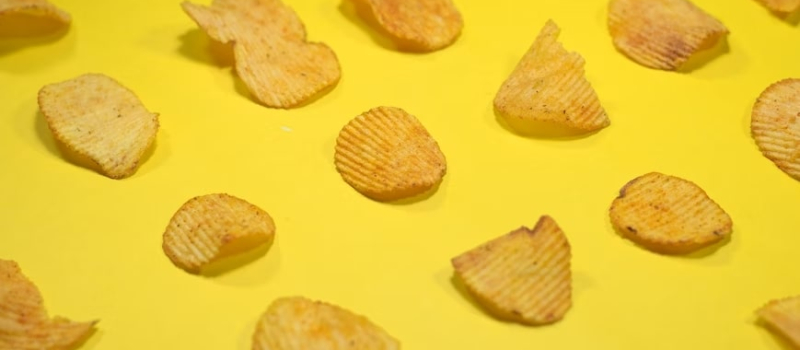
If you are on a diet but when it comes to snacking, you cannot control your mouth, then snacks such as fat-free chips are what you need. But If you are in Canada or Europe, you don’t have this option.
The consumption of fat-free chips which contain Olestra oil is banned in both of these countries since the chemical takes away your body’s ability to absorb vitamins, which is not suitable for your health.
The consumption of this chemical can lead to diarrhoea and cramps.
5. Mountain Dew
The drink that prevents us from fainting in the scorching heat of the sun is banned in Japan. Mountain Dew is not only the name of a drink but an emotion where our nostalgia lies.
However, this is not the case in Japan because Mountain Dew falls on the list of banned foods in Japan and in some parts of Europe as well.
The reason behind this is that the drink contains flame retardant, which is said to cause Attention Deficit Hyperactivity Disorder(ADHD), memory loss, and autism and affects the health of a person overall as well.
Suggested Read: How To Eat Cheap Around The World?
6. Fruit Loops

Fruit Loops may be the go-to cereal for many kids and adults as well, but the product is banned in several countries, including Austria, Finland, Norway, and France, due to the high quantity of artificial colours, which gives rise to inhibition of cell development.
7. Horse Meat
Horse Meat is probably the most loved food in Italy and is used as a substitute for veils and beef.
However, due to ethical reasons, horse meat is one of the banned foods in the U.K. and USA.
8. Coffee Mate
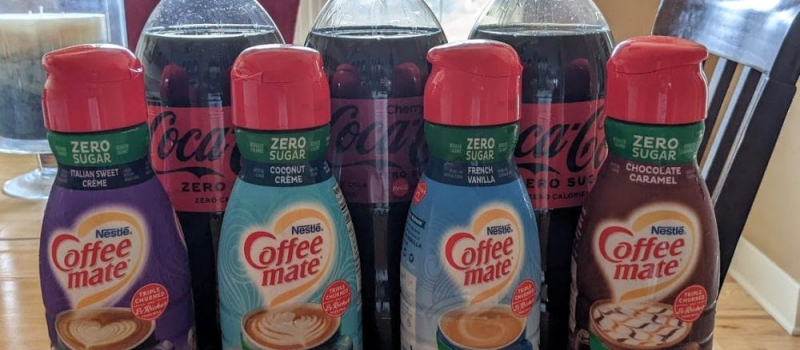
All those lactose-intolerant people had only one way to consume coffee without running to the bathroom after every other minute. Still, Denmark and Norway have taken away that pleasure from people for coffee mate is banned in these countries.
The reason behind it is that it contains hydrogenated soybean and cotton seed oils, which can cause serious heart problems.
It is done just to protect the people of Norway and Denmark, even if it means denying them the right to have lactose-free coffee.
9. French Fries
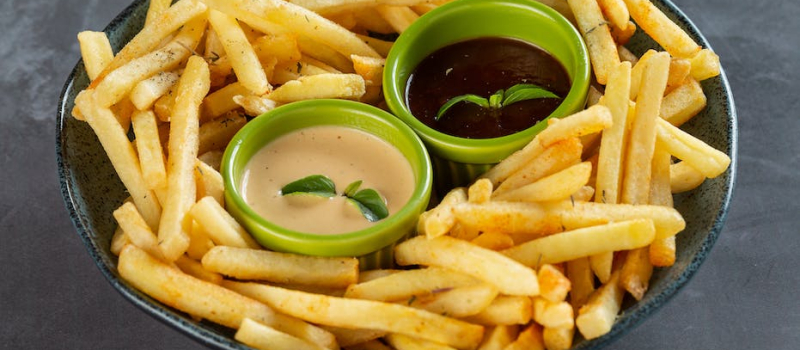
Can you even believe that there are some countries so brutal that they have banned several varieties of French Fries?
French Fries that contain the chemical called azodicarbonamide are banned in UK, Austria, and Singapore. This chemical is used to prolong the shelf life of french fries and some bread as well, but it affects people with asthma. Thus it is banned.
Making food with this chemical in Singapore can even land you in prison, or you can end up paying a fine for it.
First ketchup, and now french fries? What is the point of living, then?
Suggested Read: 10 Perfect Ways To Plan A Pet-Friendly Vacation
10. M&M’S Candy

Sweden has banned the consumption and selling of button-shaped chocolate treats that we enjoy so much.
It is banned in Sweden not because it causes health hazards but because of the similarity between the logo and the product Marabou sweets, which is sold in Scandinavian countries.
11. Shark Finn
Now Shark Finn is one of the banned foods that would make you glad that it has been banned. It has been banned in several places except for some Asian countries.
The dish is quite controversial because of the process of removing the Finn from the shark, which is very painful and quite inhumane.
The Shark Finn is removed from the shark one by one, which is an excruciating process, and after the finns are removed, the shark is thrown into the sea to die a miserable death.
However, in Hongkong, the bag of Shark Finn is just a call away, and it will be delivered to your doorstep.
12. Kinder Joy

Kinder Joy, the source of our joy, our little eggs from heaven, is banned in the United States because the FDA doesn’t approve anything edible that comes in plastic.
13. Raw Milk
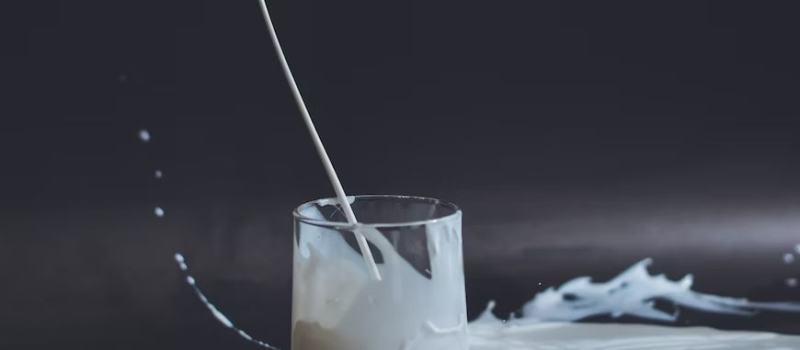
Now it’s very hard to believe for us desi people that the raw milk that we take from our regular milkman could be banned anywhere, but it is.
US and Canada have banned unpasteurised milk and any unpasteurised product due to the fear of germs that cause diseases such as Salmonella and Listeriosis.
Conclusion
The world is full of crazy and mysterious ways, some places have unusual festivals around the world, while others have unusual banned foods that we crave so much.
However, like it or not, these banned foods have been banned for the sole purpose of protecting the general public, so we can’t blame the government for it. After all, it’s for our own good.
So glad that these bans are not in India, though!



